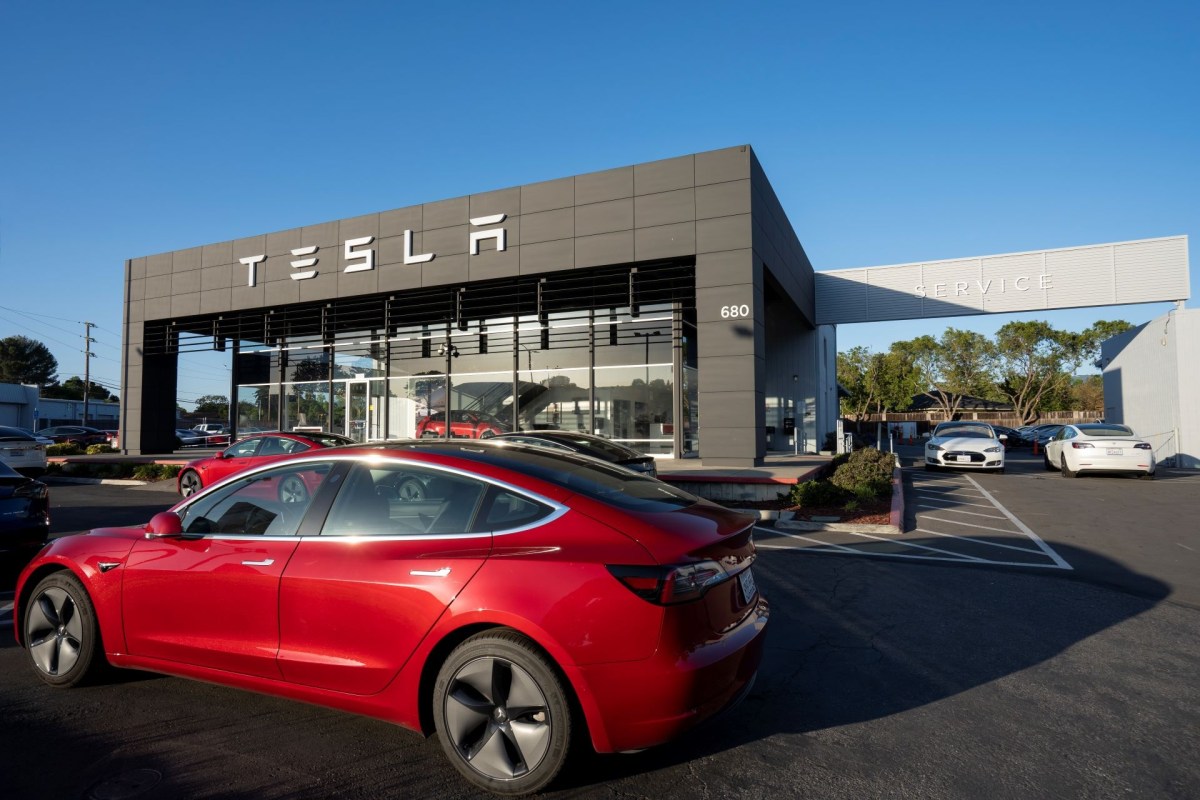Tesla fans have long awaited the company's "Cybertruck," a futuristic-looking pickup truck that currently has 1.5 million pre-orders and counting.
However, the release date for the Cybertruck, which was originally announced in 2019 and supposed to be delivered to customers in 2021, has been pushed back time and time again — most recently, to some time in (hopefully) 2024.
But the EV maker has now taken steps to potentially reduce the amount of time it takes to build all those trucks. Thanks to its 2019 acquisition of California-based startup Maxwell Technologies, Tesla says it now has the ability to pioneer a new battery manufacturing process called "dry electrode coating."
The standard, "wet" method of coating EV battery electrodes involves a toxic chemical slurry that must be recovered and disposed of, as well as a lengthy drying process.
However, by skipping the slurry entirely, the company claims that it can manufacture the batteries more quickly and cheaply, and consume less energy along the way. If true, that so-called "secret sauce" would be a win not just for Tesla, but for all prospective EV buyers and the planet at large.
Faster production times and cheaper batteries would, in theory, equal more electric vehicles on the road replacing gas-powered cars.
It remains to be seen if this new technology will translate into faster production times and fewer delays on Tesla's new models, but that is certainly the hope. If it doesn't, Tesla has a contingency plan, thanks to partnerships with Chinese and Korean companies that will help supply its overwhelmed plants with EV batteries.
In even more good news for anyone who dreams of one day owning a Tesla, the company recently announced that it is slashing prices on several of its models, as other car companies have come out with much cheaper electric vehicle models while Tesla struggles to get its own cars into production.
Join our free newsletter for cool news and actionable info that makes it easy to help yourself while helping the planet.









